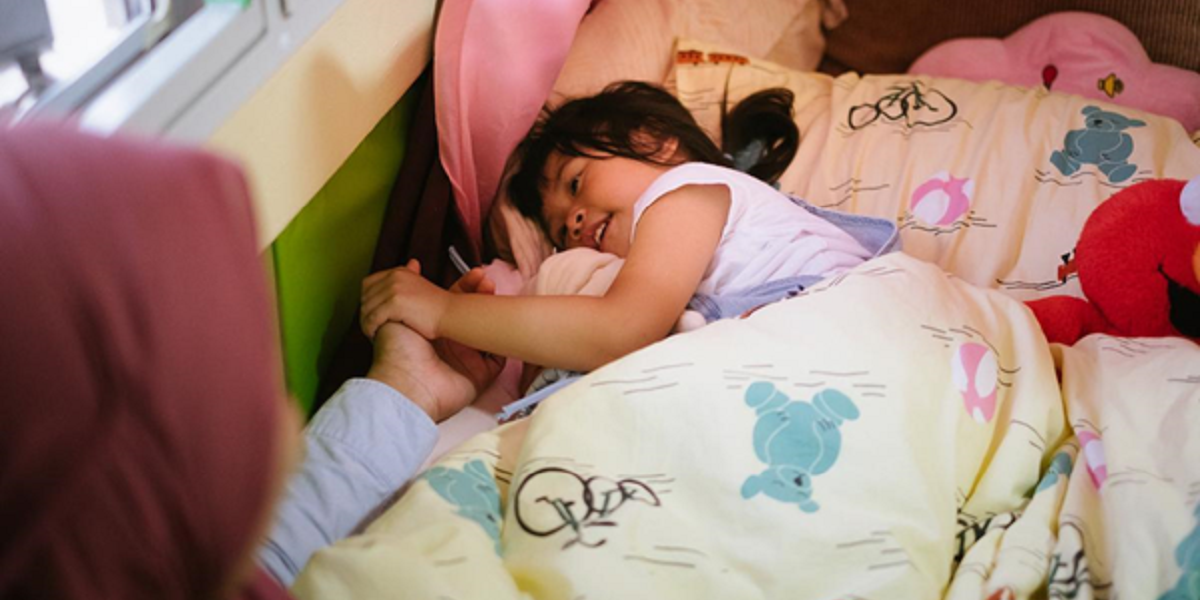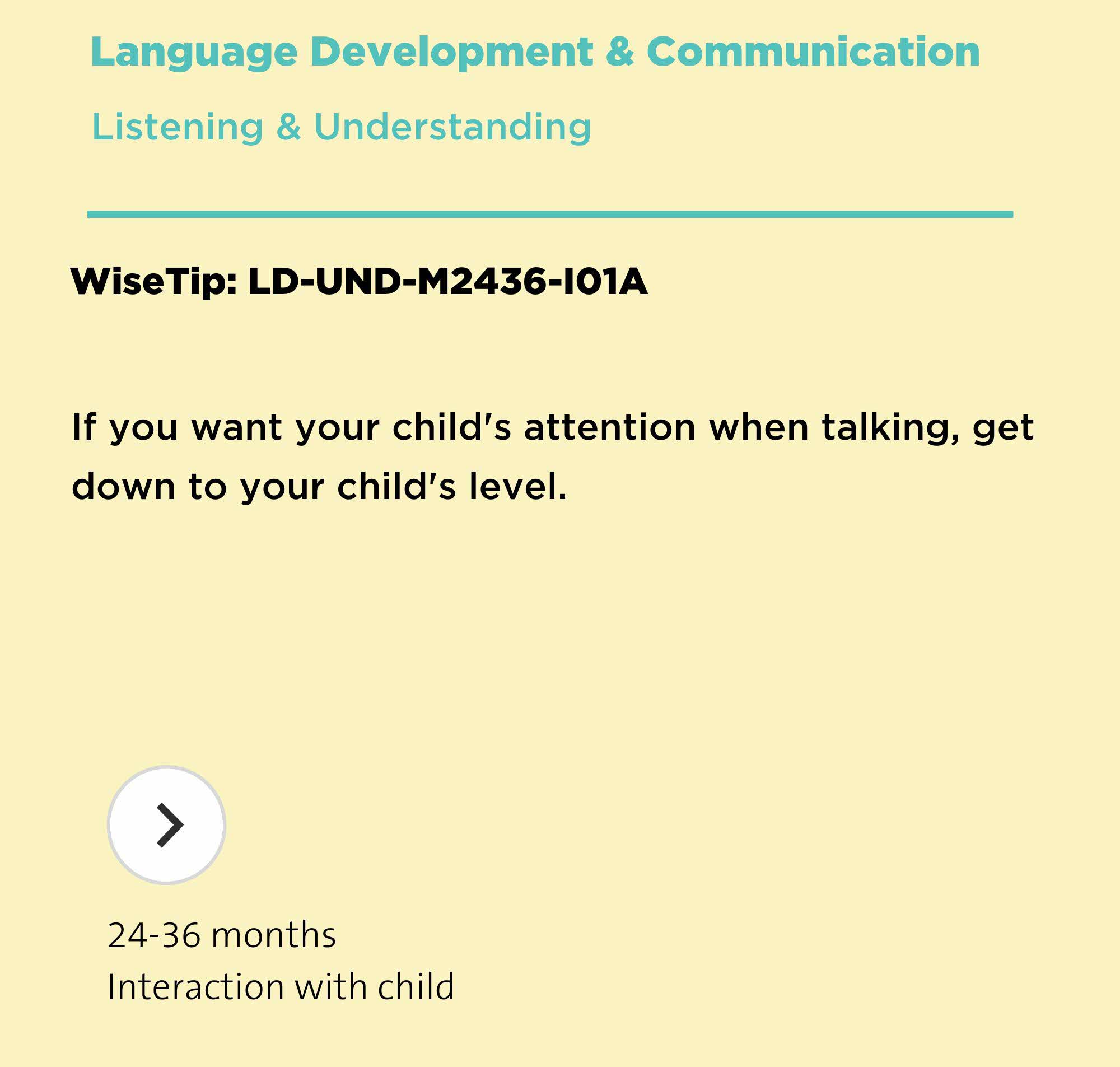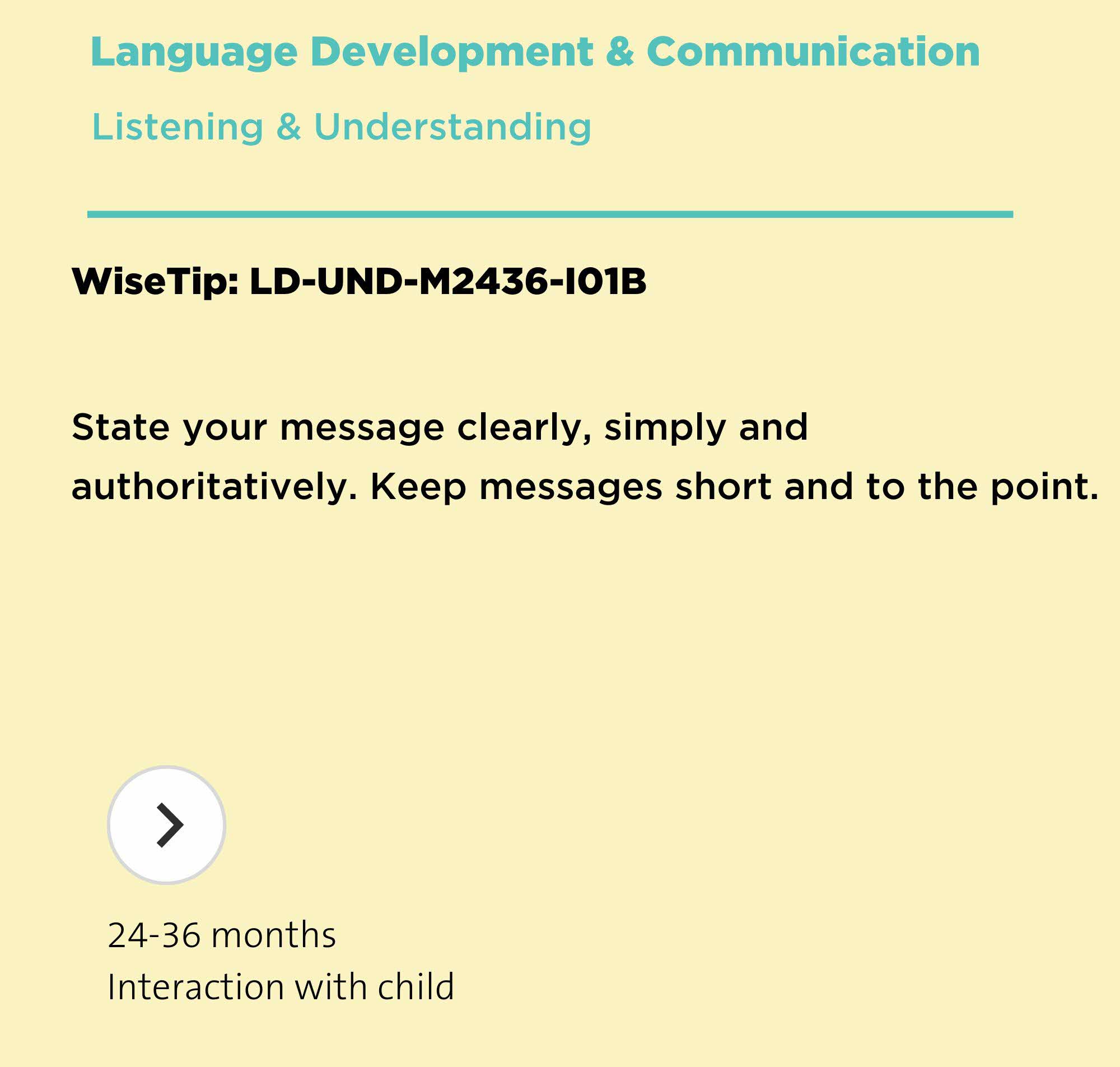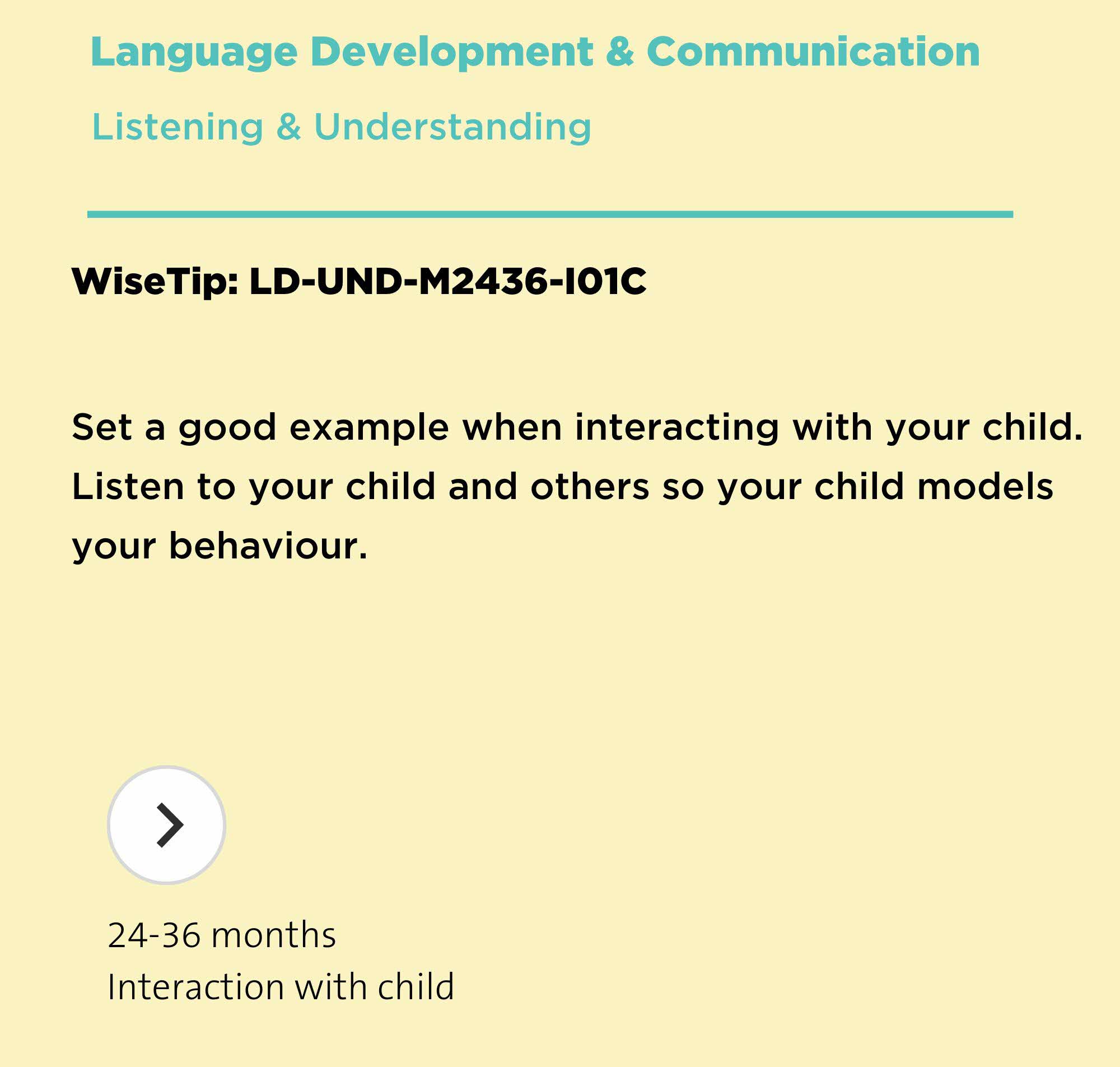Photos taken in collaboration with Larry Toh
You’ve asked your toddler to pick up the toys strewn all over the floor. Instead of acknowledgement and action, you get... radio silence.
Am I even being understood? So, you ask again, firmly and nicely. Nothing happens and you end up in the parenting trap of repeating and reminding – until you blow your top. Suddenly, you're yelling out instructions you had calmly given a few minutes ago.
Your child is frightened of you.
You're frightened of yourself.
Why don't they just listen!
And there you have it, the most common frustration from parents: children "not listening". The question is: how do we remedy such a timeless situation and save our sanity?
DOES ANYBODY HEAR ME?
Here are 3 little tips to communicate effectively with your little one we think will work well into their teenage years!
1. Connect before you communicate
Your toddler is still developing their listening and focusing skills, so it's on you to make the connection if you're looking for their attention. This might mean putting down what you're doing and going over to relay the instruction face-to-face, not shouting orders from the next room.

Coming down to a child's level is crucial for connecting, and without that genuine connection, communication can fall flat and you experience the frustrating "turning a deaf ear". If you're not paying attention while communicating, how can we expect that of our children too?
Observe what your child is doing and make the connection by commenting on what they're engrossed with. For example, if they're busy drawing, say, "That's such a lovely drawing!" Once the child responds and looks at you, make eye contact before making your request.
Speaking face-to-face moves you and your little one closer to seeing eye-to-eye.
2. Think before you speak
Sales industry leader Floyd Wickman advocates that you should “never sell with blah-blah what you can sell with blah-blah."
This certainly applies when you are talking to your toddler. Say what you need to say in as few words as possible. That’s because toddlers cannot process sentences that are too long, as their language skills are still developing.
Keeping your sentences short and to the point will ensure they understand what you are saying better.
3. The first duty of love is to listen
If you're staring at your screen or distracted by housework when your toddler is trying to tell you something, you are role modelling how communication is meant to be.
If you really want your toddler to listen to you, start listening to them first. Strong communication lines between the both of you start from young, and your children will be more likely to enjoy talking to you as they grow up when they know you are listening to them.
Of course, parents and all who care for children always have a never-ending to-do list, and it will take effort to find opportunities to listen well without multitasking.
Besides, kids don't always want to chat at times when it's convenient for you. So many times it's when you're rushing out the door for an appointment, or when there's food burning on the stove.
So whenever the opportunity arises, as often as you can, give your child the gift of your full attention – you'd be surprised what it does for how well they listen to you the next time you want them to pick up their toys.


